
Faith is often portrayed as steady, joyful, and unshakable. Yet behind that image, many people quietly wrestle with questions, inconsistencies, and inner battles that rarely get spoken aloud. These struggles don’t necessarily mean someone lacks belief — they simply reflect the human side of walking with God. Recognizing them can help people feel less alone and remind us that faith is a journey, not a flawless performance.
Doubting if God Is Really Listening
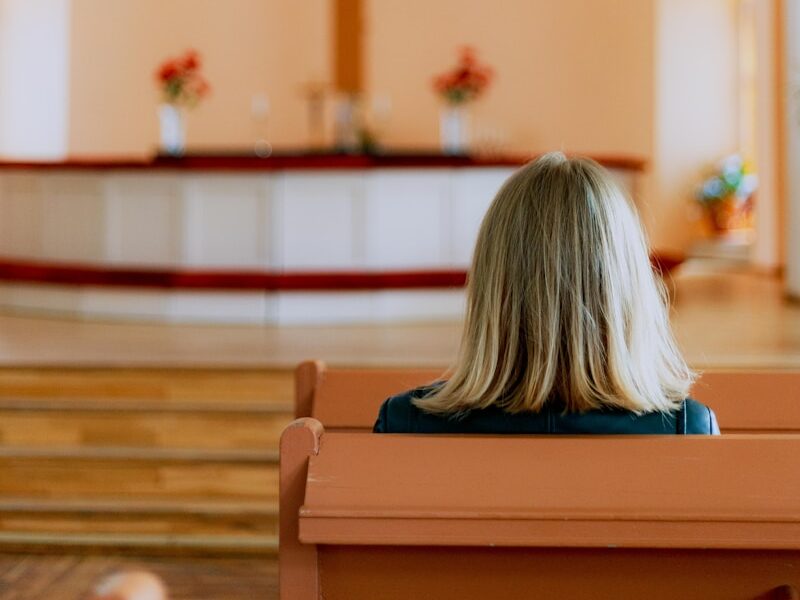
Even faithful people sometimes wonder if their prayers make it past the ceiling. When silence follows desperate pleas, it’s easy to question whether God is truly hearing or if He cares. This struggle often brings guilt, as though doubt means disloyalty. In reality, nearly everyone who prays eventually faces moments when heaven feels quiet. Those silent seasons can be painful, but they’re also where many people’s trust is refined, even if it doesn’t feel that way in the moment.
Comparing Their Faith to Others

It’s easy to look at others who seem more spiritual — the friend who prays eloquently, the church member who radiates joy, the person who always knows the right scripture. Quietly, many believers feel inferior, wondering why their own faith doesn’t look or feel as strong. Comparison steals peace and replaces it with shame. What people often forget is that faith is not a contest. The quiet struggle here is learning to trust that one’s journey is valid, even if it looks different.
Struggling to Maintain Consistency

Most believers want to pray daily, read scripture, or attend worship with steady commitment. But life interrupts — schedules change, energy runs low, distractions pile up. Days of neglect turn into weeks, and guilt creeps in. The struggle is not only the missed practices but also the nagging voice that whispers, “You’re not good enough.” What’s often missed is that faith isn’t measured by perfection, but by the willingness to return, again and again, even after failing.
Wrestling With Unanswered Questions
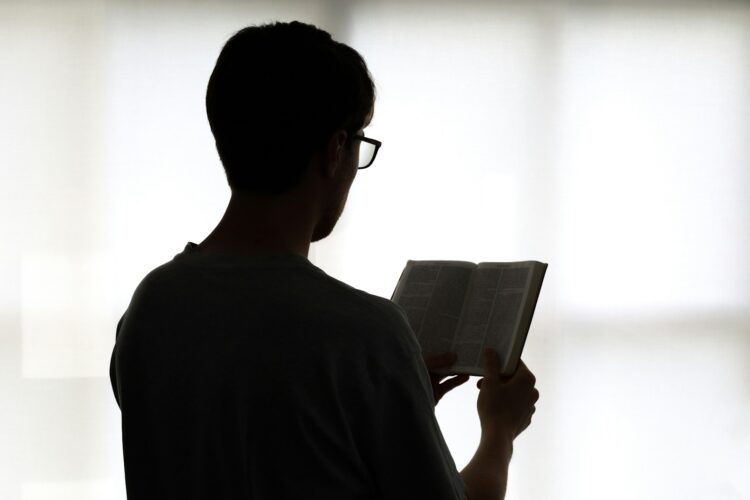
Questions about suffering, injustice, or why certain prayers remain unanswered weigh heavily on many. Some believers quietly carry them without voicing them, afraid they’ll be seen as weak. Yet questions are not enemies of faith — they’re signs of an active, searching mind. The struggle comes from living in tension: holding onto a belief while carrying unresolved doubts. It can feel lonely, but many discover that faith grows deeper not in the absence of questions, but in the courage to keep going despite them.
Feeling Spiritually Dry

There are seasons when worship feels routine, prayer feels empty, and God feels far away. People often assume this dryness means something is wrong with them. But spiritual dryness is a normal part of the journey, though it can be deeply discouraging. The struggle is in showing up anyway, even when the emotions aren’t there. In these times, many feel like they’re failing God, when in truth, faithfulness in dryness often says more about devotion than feelings in times of abundance.
Balancing Faith With Doubt

Belief and doubt often coexist, though people rarely admit it. Someone may believe in God wholeheartedly, yet in quiet moments wonder, “What if I’m wrong?” or “What if none of this is real?” The struggle is not only with the doubts themselves, but with the shame of having them. Many assume true believers never question. In reality, even strong faith includes wrestling. It’s in the wrestling that faith often becomes more personal, tested, and resilient.
Feeling Pressure to Always Look Strong
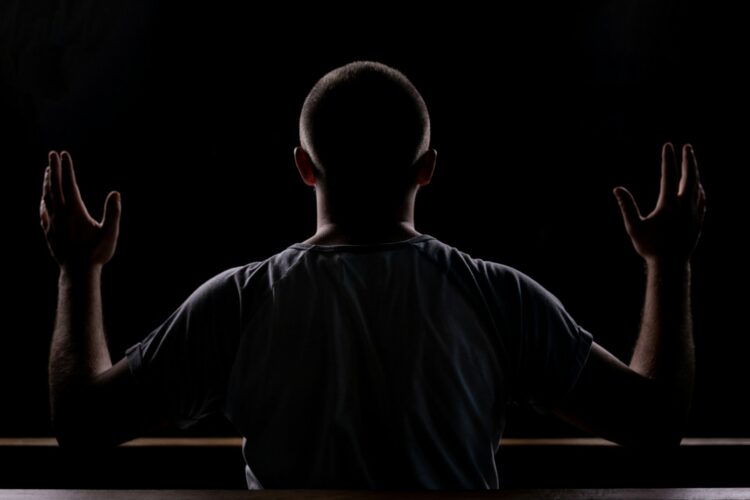
In church or faith communities, people often feel like they must project strength. Admitting fear, confusion, or weakness feels risky. The quiet struggle here is the gap between appearance and reality — smiling on Sunday while secretly breaking inside. This pressure can make believers feel isolated, as though everyone else has it together. What’s missed is that faith communities are meant to carry one another’s burdens, not hide them. But fear of judgment keeps many struggles hidden.
Reconciling Faith With Painful Experiences
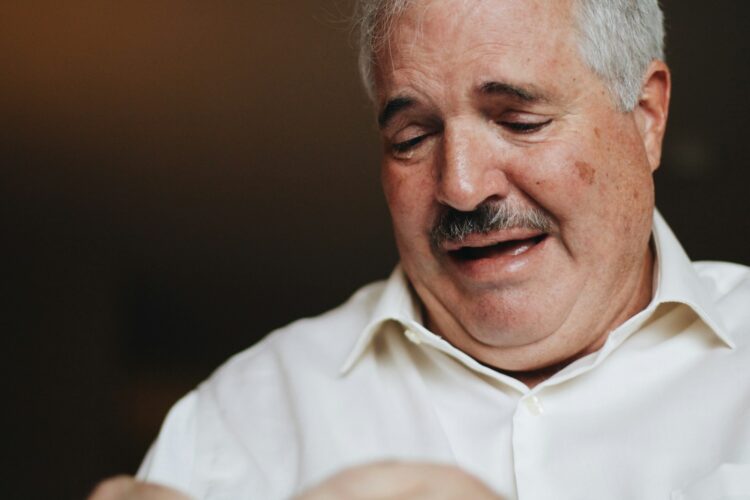
When tragedy strikes, many quietly wrestle with how faith fits into suffering. They wonder why a loving God allows pain or why prayers go unanswered. Outwardly, they may repeat comforting phrases, but inwardly they’re torn. The quiet struggle is trying to hold onto faith when life doesn’t make sense. For many, this tension becomes a crossroads: either walk away or let pain deepen their understanding of faith in ways they never imagined.
Battling Guilt Over Past Mistakes
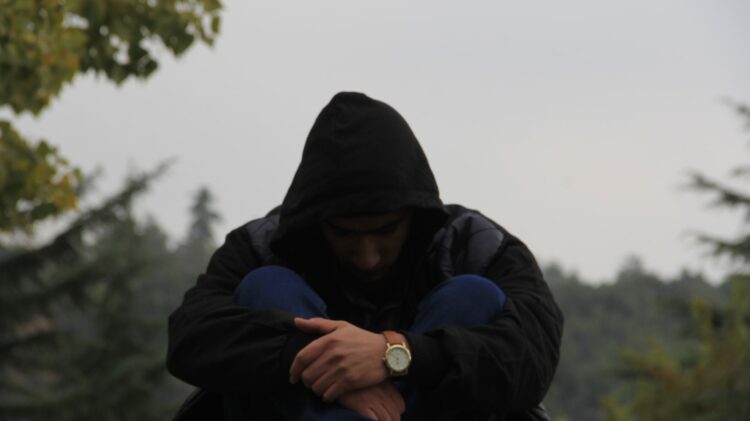
Even after embracing forgiveness, many believers secretly replay their past mistakes, regrets, and sins they thought they’d left behind. The struggle is that guilt lingers long after grace has been given. They wonder if God truly forgives or if they’re still unworthy. This inner battle can eat away at peace, even while they know the right theology. Faith often requires not just believing God forgives, but learning to forgive oneself — something many wrestle with quietly for years.
Struggling With Hypocrisy in the Church
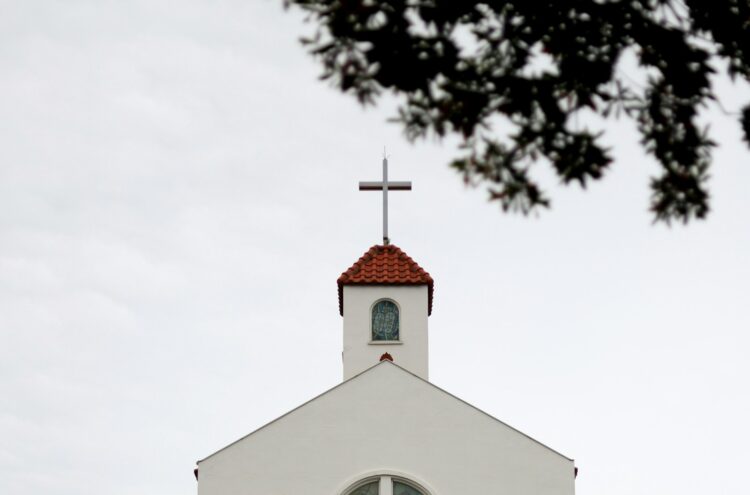
Many believers quietly feel disillusioned when they see hypocrisy in church leaders or fellow members. They wonder how faith can be real if the community doesn’t live it out. But voicing these concerns feels disloyal or rebellious. The quiet struggle here is separating God from the failings of His people. It’s painful to love a faith that’s sometimes misrepresented by those who claim it most loudly. That dissonance creates a private heaviness few feel safe to admit.
Feeling Alone in Their Faith

Sometimes a believer feels like the only one in their circle holding on to God. Friends may drift away, family may not share their convictions, or a spouse may not believe. This loneliness is quiet but deep, making them wonder if their faith isolates more than it connects. They may hesitate to admit this, fearing it sounds ungrateful. Yet feeling spiritually alone is one of the most difficult hidden battles — it magnifies doubt and discouragement.
Struggling With Forgiveness

Faith often calls people to forgive, but that command is easier said than done. Believers may outwardly say they’ve forgiven, but inwardly replay the hurt, still carrying resentment. The quiet struggle is the gap between intention and reality. Forgiveness feels like betraying themselves or minimizing the pain, so they wrestle silently. They know forgiveness brings freedom, yet their heart resists. This tension between command and emotion can weigh on someone for years without ever being spoken aloud.
Fearing They’re Not Doing Enough for God

Many quietly fear they’re falling short — not praying enough, not giving enough, not being holy enough. Faith communities sometimes reinforce this with high expectations. The result is a quiet exhaustion: striving to please God while never feeling like it’s enough. This struggle comes not from lack of devotion, but from a misunderstanding of grace. Yet the weight is real, and many carry it silently, afraid others will see them as lazy or unfaithful.
Navigating Conflicts Between Faith and Culture

Modern life often clashes with faith values. Media, workplaces, and friendships can challenge what someone believes. The quiet struggle here is in choosing when to stand firm and when to blend in. Many believers silently ask themselves, “Am I compromising too much?” or “Am I being too rigid?” It’s a balancing act filled with tension and second-guessing. Few speak of it openly, but it’s a constant, exhausting reality for those trying to live out their beliefs.
Wondering If Their Faith Will Last

Even strong believers sometimes fear losing their faith one day. They wonder what would happen if tragedy struck, or if doubt grew too strong. That uncertainty can be unsettling, but it’s rarely spoken aloud. The quiet struggle is living with the hope of enduring faith while fearing the possibility of drifting away. This unspoken anxiety doesn’t mean weak belief — it means they understand how fragile and precious faith can feel in a changing world.

